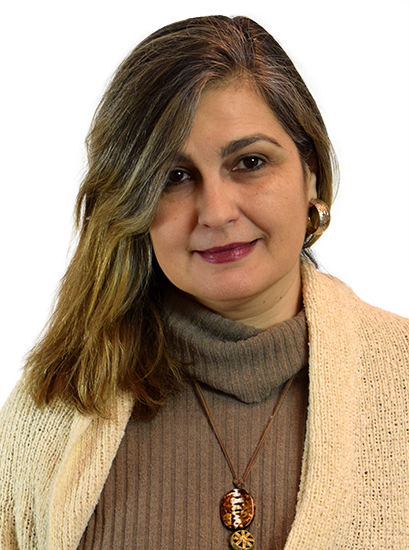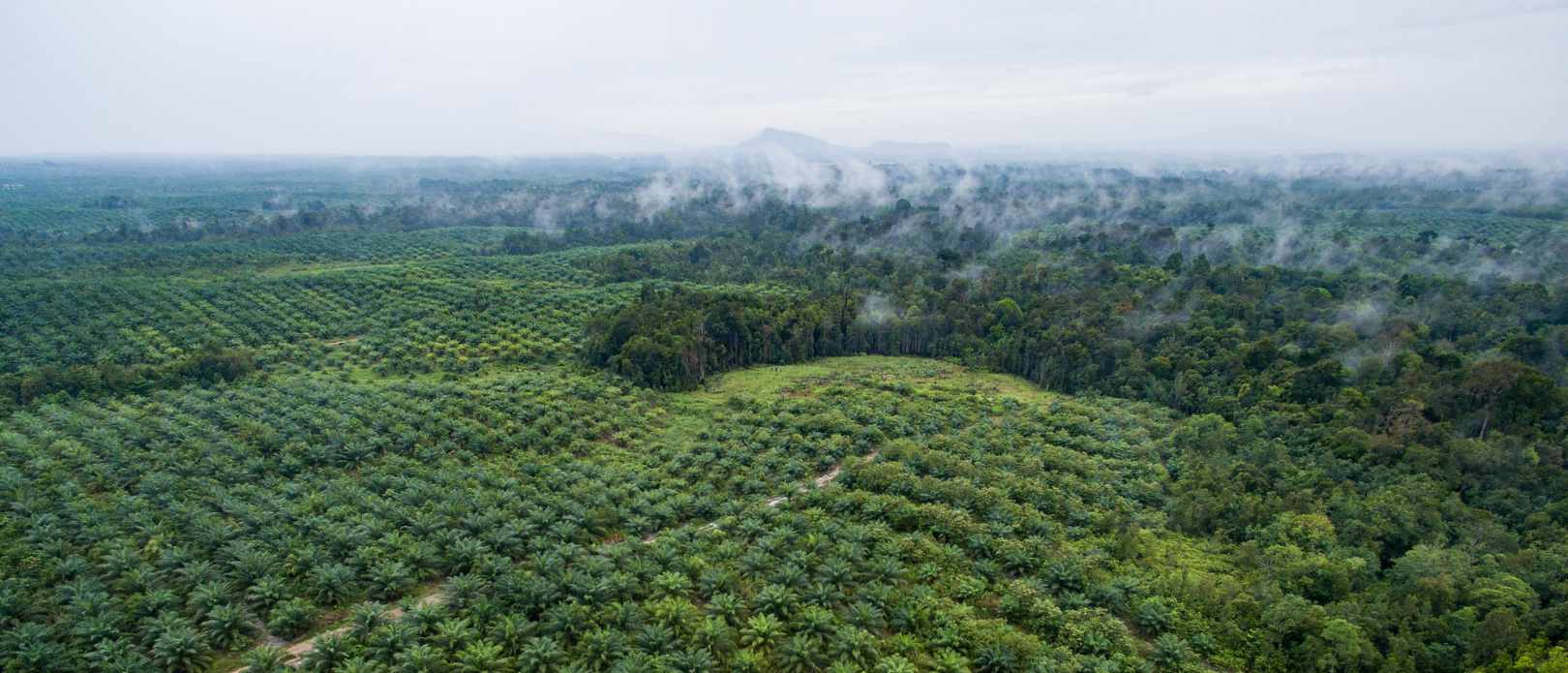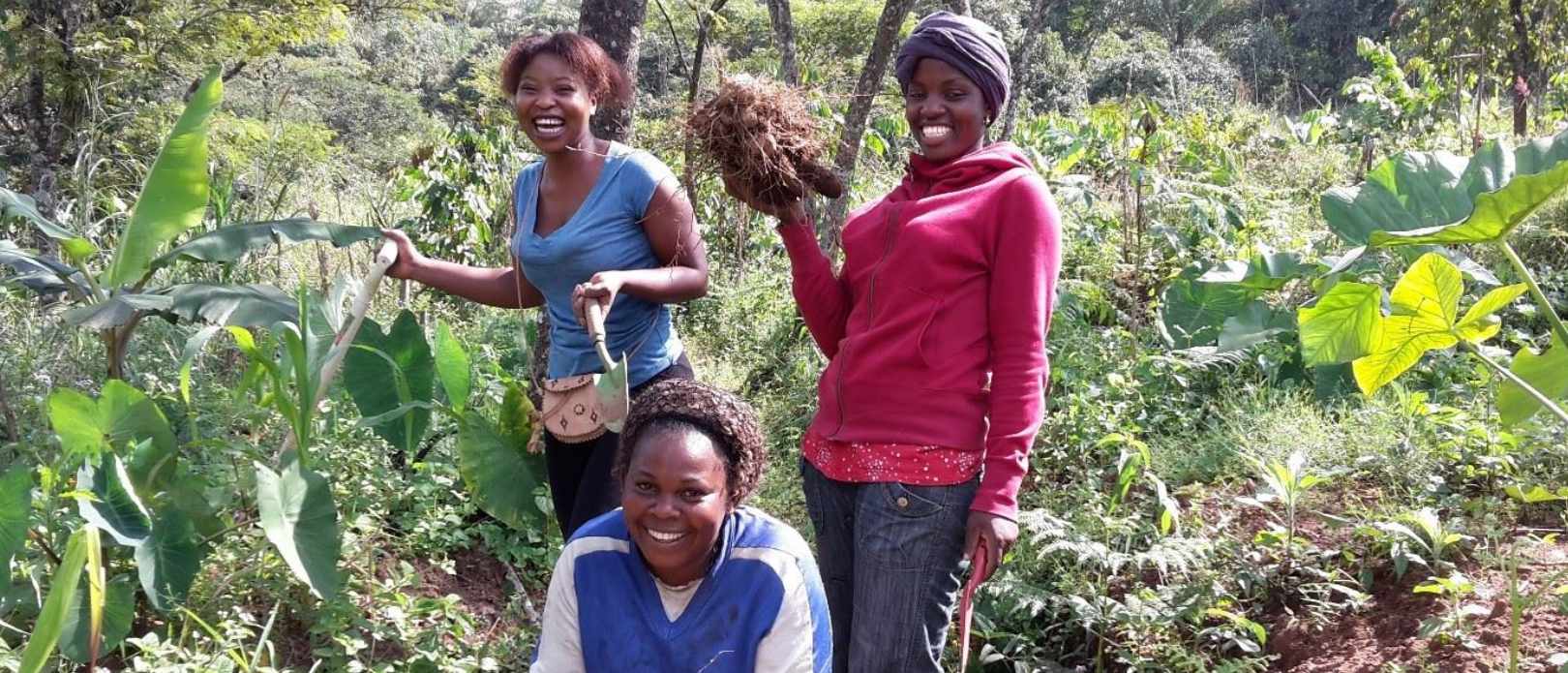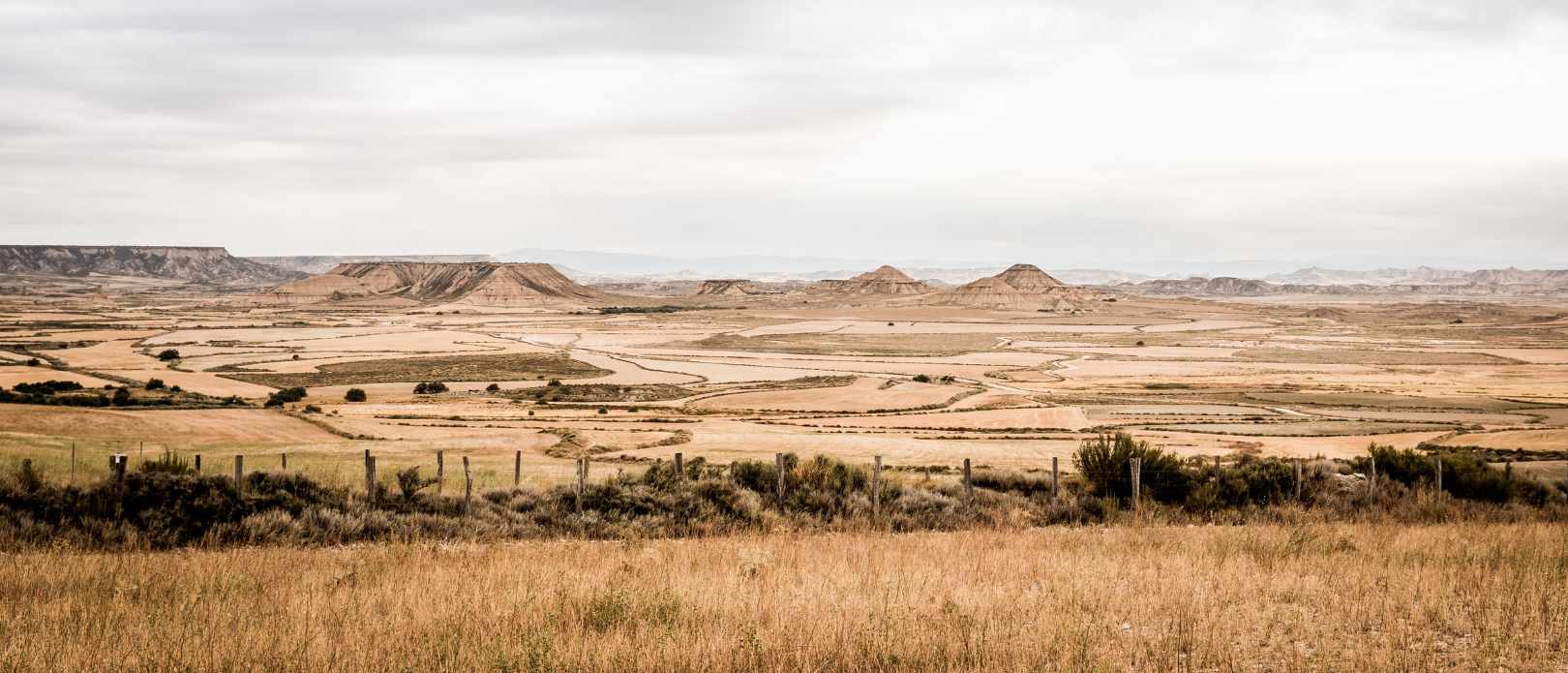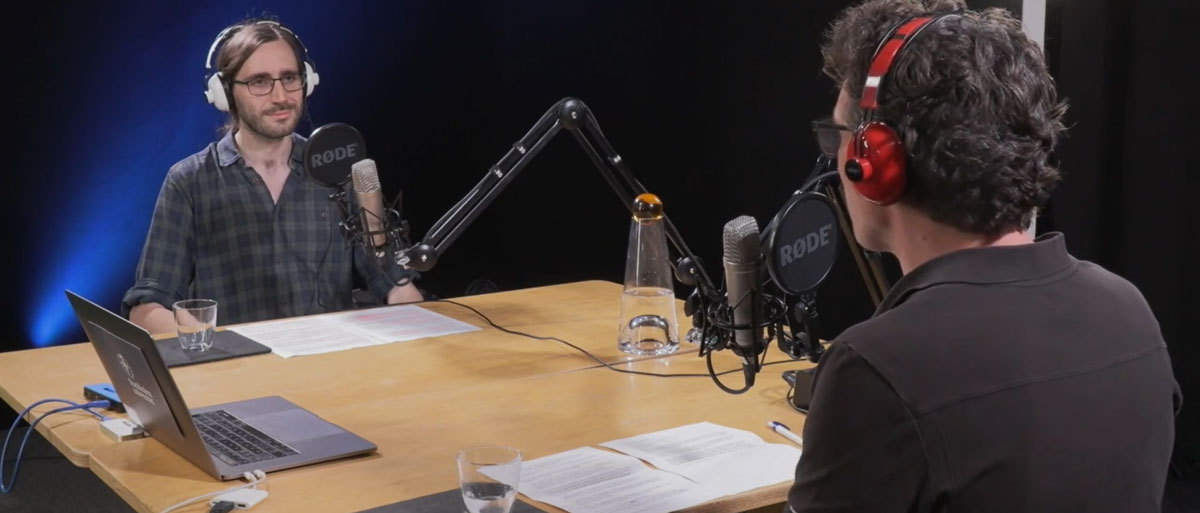Ana Paula
Aguiar
PhD
Researcher (On leave)
+46 8-674 7448
RSS-link
Staff profile
- Land change modeling
- Participatory and multiscale scenarios
- Cross-scale interactions
- Pathways to a sustainable future
- Agent based modelling
- GHG emission estimates
- SDGs
Ana Paula Aguiar is a researcher working on cross-scale participatory approaches and scenarios
Aguiar is a researcher at the Stockholm Resilience Centre and at the Brazilian Institute for Space Research (INPE). Her research focuses on pathways to achieve the SDGs (UN Sustainable Development Goals), combining quantitative and qualitative approaches, with a focus on cross-scale participatory processes.
Currently, Aguiar coordinates the XPaths Project (Science in action: intersecting pathways to the SDGs across scales in drylands, one of the selected projects for the FORMAS “Realising the global sustainable development goals” program). This project addresses the critical issues of co-designing inclusive pathways towards the Sustainable Development Goals (SDGs) through a science-action research process in three critical dryland regions - Senegal, Brazil and Spain. The project will run from 2021 to 2023 aiming at advancing the knowledge on barriers and leverage points for the achievement of the SDGs through participative transdisciplinary processes operating at multiple levels, from local to global, as a means to connect global goals to local issues and aspirations.
Aguiar joined SRC in 2017 to contribute to the center activities around UN 2030 Agenda, mainly the global initiative TWI2050 - a global initiative which supports the policy process and implementation of the UN Agenda 2030 Sustainable Development Goals (SDGs). One of her key activities during this period was the development of an innovative pathways approach adapted to the context of the SDGs (Aguiar et al. 2021, Colste et al. 2020, Aguiar et al., 2019). Related to this work, she is currently part of the SHAPE consortium, a global modelling initiative aligned to TWI2050. The consortium's role at SRC is to organize the participatory process to co-design the new scenario narratives.
From 2016 to 2021, she contributed in multiple ways to the IPBES (Intergovernmental Science-Policy Platform on Biodiversity and Ecosystem Services), in particular as a Lead Author in IPBES Global Assessment launched in 2019 and as an expert in the scoping of the Nexus Assessment. She is also member of the IPBES Task Force in Models and Scenarios since 2019. She has also contributed eventually to IPCC (The Intergovernmental Panel on Climate Change) as a scenario expert.
Aguiar holds a Bachelor degree in Computer Science (UNICAMP), MSc in Remote Sensing/Image Processing and PhD in Remote Sensing/Environmental Modeling (INPE). She has supervised a number of PhD and MSc students, working on various aspects of land use and cover issues, from local to regional scale, including deforestation, forest degradation, secondary growth vegetation dynamics, desertification and restoration. At INPE, she led the development of the open source spatially explicit modelling frameworks for land use change (LuccME) and greenhouse gas emission estimates (INPE-EM).
